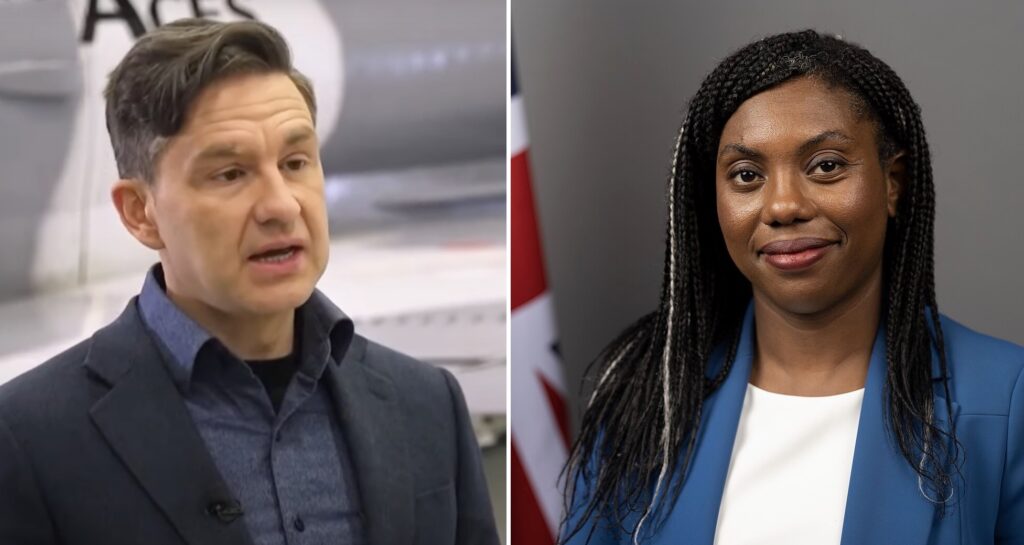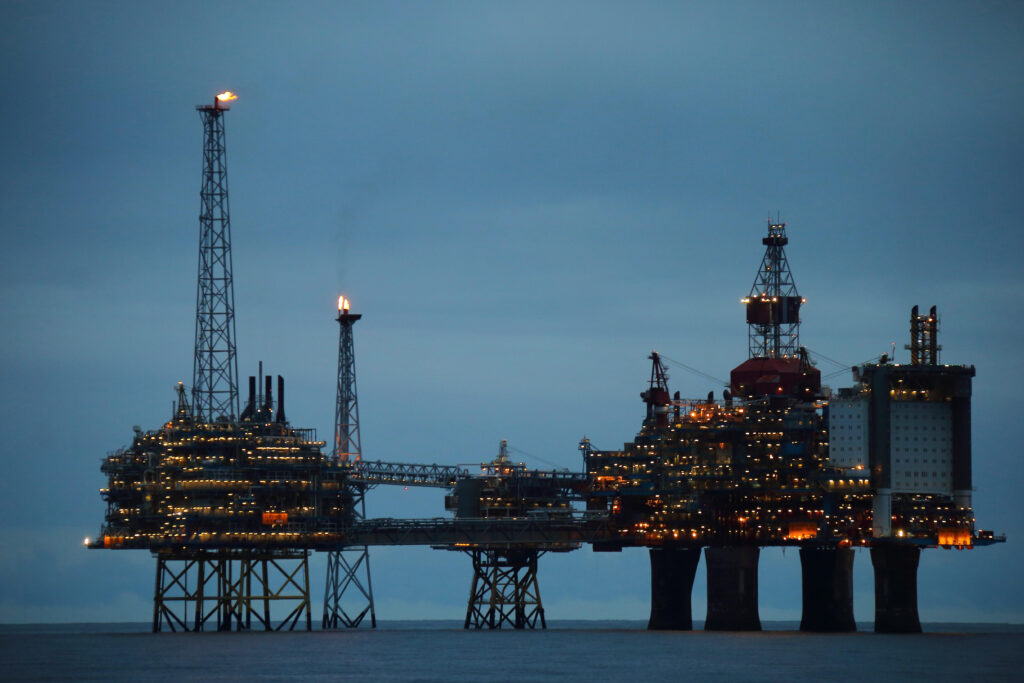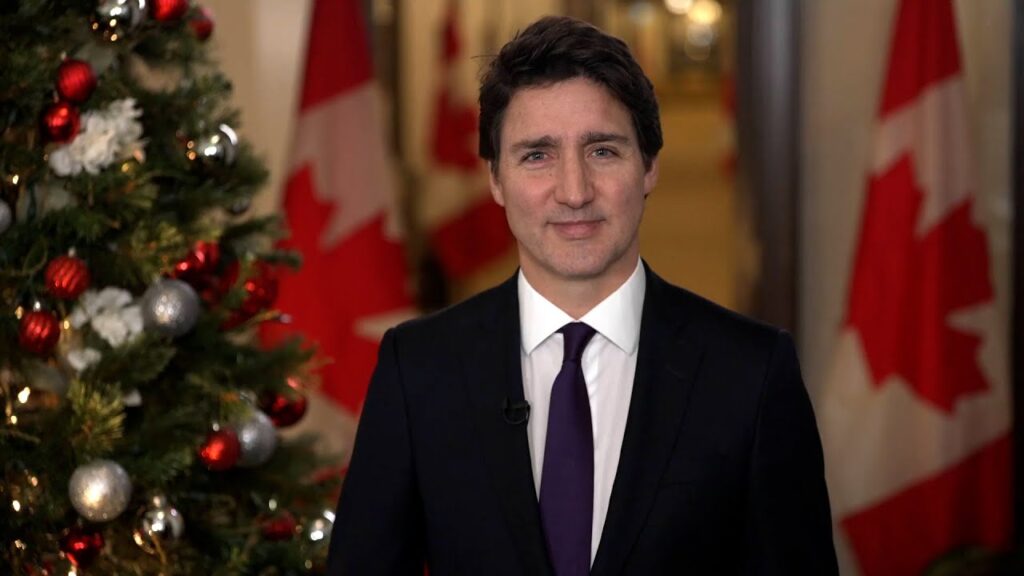Viewers of the Munk Debate Tuesday night among Guardian columnist George Monbiot, Canadian Green Party leader Elizabeth May, Thatcher-era Chancellor of the Exchequer Nigel Lawson and the Disingenuous Environmentalist Bjorn Lomborg can only come back to a conclusion that many had reached beforehand: these occasions offer the denial industry a boost in credibility they neither earn nor deserve.
Watching the debate, it was hard not to conclude that May and Monbiot were winning in their argument in favour of the proposition: that climate change is the defining issue of our time. The assembled audience seemed to agree on one hand, ranking the debaters in descending order from Monbiot, through May, Lomborg and finally Lawson (who impressed a mere eight per cent of those assembled).
Lawson himself seemed to concede defeat in his summation, noting that “They have the best of the rhetoric.”
Yet the audience, which began the night split 61 to 39 per cent in favour of the proposition, ended it voting 56 to 44 per cent in favour – a slide of five points toward the underperforming rhetoriticians arguing on behalf of denial and delay.But the debate wan’t a bad idea because the good guys “lost.” It was a bad idea because merely taking to the stage reinforces the notion that there IS a debate about climate change. Lomborg and Lawson know theh will never actually triumph over the science. The certainty of climate change’s ultimate damage will occur whether they convince us to delay mitigation or not. But the sustained confusion allows people an opportunity to turn away from the issue – to delay personal action and to forgive obstructionist politicians – on the basis that the “experts” are still arguing about all this.
As May so pointedly put it at the beginning of the debate, these were not experts. May is a lawyer turned politicians. Lawson, a journalist turned politician. Monbiot, a journalist. Lomborg, in May’s generous appraisal, a statistician turned author. (Personally, I would point to his record of unanswered inaccuracies and suggest he was a political scientist turned pathological abuser of the truth.)
Nary a climate scientist to be found – though may did a very creditable job of putting some of the science on the table in a clear and compelling way.
Yet Lomborg just kept going back to his key message – that we shouldn’t be spending money on climate mitigation – we should be directing it all to relieving poverty, treating AIDS and providing clean drinking water to those who have none. May tried to askhim at one point why, if he cares about those issues he doesn’t expend some energy on their behalf. Why, if poverty relief is a high priority than climate change mitigation, does Lomborg spend none of his time actually working on anti-poverty campaign, reserving his energies for a campaign against climate action? Lomborg, under cover from a noticably partisan moderator, Rudyard Griffiths, never answered.
So, to May and Monbiot: well played. It was a very good effort. But unless there is some evidence of increased activism – or some other mysterious outcome that no one here can quite anticipate – it has to be seen as good effort in a bad cause.
Subscribe to our newsletter
Stay up to date with DeSmog news and alerts







